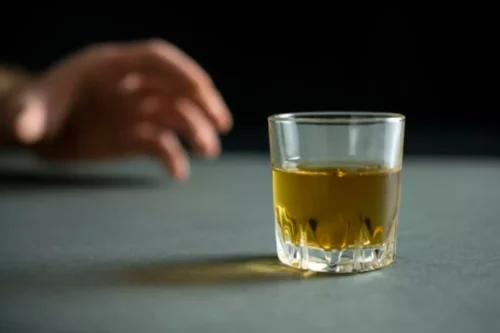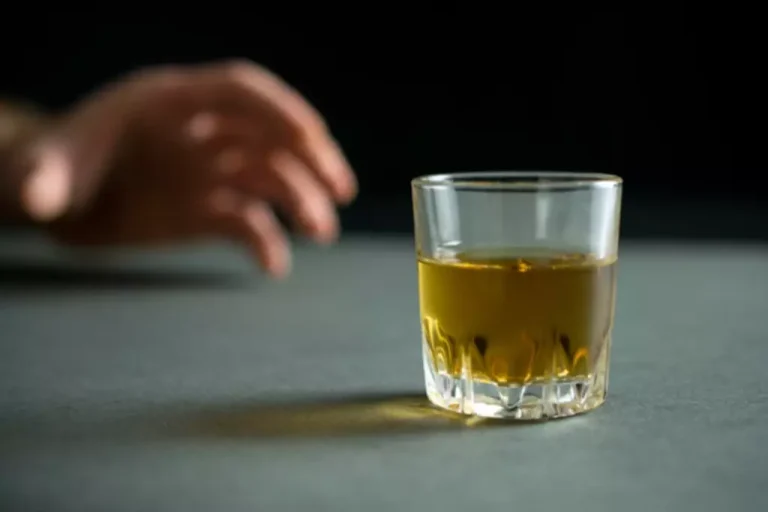
One of the best ways to avoid triggers is by recognizing what they are. When you can clearly define what drives the desire to use drugs or alcohol, you can protect yourself from them. This may involve staying away from certain people and places, attending extra meetings or participating in an outpatient program.
Coping with Triggers in Addiction Recovery
This often happens to people with a history of trauma or who are recovering from mental illness, self-harm, addiction, and/or eating disorders. When someone has a history of any of these issues, being unexpectedly exposed to imagery or content that deals with that history can cause harm or relapse. The best way to keep your body feeling good and your mind feeling focused is to eat a healthy, nutritious diet.
- Experienced Chief Executive Addiction Recovery and Mental Health Professional Business professional in the Addiction Recovery and Mental Health industry for the past 26 years.
- The earlier people in recovery can identify and successfully respond to triggers, the greater their chances of prolonged abstinence.
- If you always cracked open a beer after you came home from work, took off your shoes and sat down in front of the TV, that routine may give you the urge to drink.
- Understanding these risk factors will help you to avoid the potential risk of relapse during or following recovery.
How to Help Someone Who is Experiencing a Relapse

Having a plan to get through times when your cravings are triggered will be very helpful in avoiding a relapse. Often a place may trigger a memory of an event, or smelling something, such as a particular cologne, may trigger your memory of a loved relative. The way that the brain links memories is a powerful tool that is used to help you recall important information, but that may also affect your recovery process. External triggers are easier to pinpoint and manage through practical adjustments like altering routines or avoiding certain places.
Understanding Cocaine Eyes: Symptoms and Effects on Vision
This is important because it may not be possible or feasible to avoid them at all times. While you can’t always avoid triggers, you can learn coping mechanisms and strategies to lessen their impact. With time, awareness, and coping strategies, some triggers may lose their power, while new ones might emerge.

Lifestyle
- These triggers can be diverse and vary greatly from person to person.
- Give us a call today and begin your journey toward long-term recovery.
- These insights lay the foundation for creating personalized strategies to handle triggers.
They can be internal, such as feelings, or external, like coming into contact with people, places, and certain stressors. But recovery is a journey, and there are many other tools in treatment that can support your sobriety. Also, writing down your thoughts, feelings, and experiences in a daily journal could help you identify trends, events, or stimuli that lead to triggers. If you or a loved one needs support in managing addiction triggers or is seeking treatment for addiction, contact Rockland Treatment Center today. Let us help you regain control of your life and maintain your sobriety for the long term. Yes, many therapy groups focus on recognizing and managing triggers.
What Is the Cycle of Addiction?
- However, learning the tools to cope with triggers is possible with the right support.
- Our team of experienced professionals is dedicated to providing personalized care to help you stay on the path to recovery.
- Agape Treatment Center for substance abuse embraces a universal, unconditional love that transcends, that serves regardless of circumstances.
- A break in the routine may leave periods of isolation where patients may be inclined to use substances.
- Relapse triggers are far more extreme for recovering addicts in the early recovery months of addiction treatment.
Internal triggers can evoke a wide array of emotions, including stress, anxiety, depression, and even trauma, which can increase the risk of relapse. Internal triggers, deeply intertwined with emotions and thoughts, play a crucial role in the process of recovery and the risk of relapse. These triggers often originate from within the individual and are closely related to their emotional state. Understanding and internal and external triggers managing these triggers can significantly improve an individual’s recovery journey.

Can Dopamine Receptors Heal from Addiction?

For example, if you used drugs every time you were with a specific group of people, you might feel triggers whenever you’re in the same social situation. If you always cracked open a beer after you came home Sobriety from work, took off your shoes and sat down in front of the TV, that routine may give you the urge to drink. Like Pavlov’s dogs, which learned to salivate when they heard a bell ringing, people with addiction learn to crave drugs as a response to certain situations. Former drug or alcohol users are in denial during emotional relapse, but they do not have thoughts of using. They are ashamed of the last time they relapsed and may have developed negative behaviors to cope with their thoughts. This state of mind is dangerous because it encourages bad health practices that can eventually lead to a full-blown relapse.
Readable Experience
However, learning the tools to cope with triggers is possible with the right support. Dealing with triggers is one of the most common shared experiences in recovery, and it may feel scary to some. The Feeling Expert is licensed to provide in-person, online video or phone holistic psychotherapy and mental health counseling throughout the state of Florida. Agape Treatment Center for substance abuse embraces a universal, unconditional love that transcends, that serves regardless of circumstances. We provide individuals all over the country with the opportunity to achieve the gift of lasting sobriety. Research suggests that people who have used drugs in order to mitigate stress in the past are likely to return to this behavior when future stressors arise.
Stress Increases Vulnerability to Triggers and Relapse
- After removing the corticosterone-producing glands from the rats, researchers observed a lack of relapse behavior after triggering them with low doses of cocaine.
- Often, relapse will be preceded by a trigger that causes someone to start thinking about relapsing or creates a craving for a substance that was previously used.
- It’s important to recognize that the body-mind connection can be rewarding or harmful, given the circumstances.
- In the context of mental illness, “trigger” is often used to mean something that brings on or worsens symptoms.
- If you are starting to consider relapse, you may find that you are exposing yourself to possible triggers, even subconsciously.
Seeking professional guidance can provide personalized tools and support. External triggers are all around us, often catching individuals off guard by stirring up cravings or memories of substance use. One of the most rewarding aspects of recovery is rediscovering your passions and finding new things that bring you joy. It can be hard for those in recovery to realize they do deserve happiness and to enjoy the little things in life. If you are feeling stuck, lonely, or fear certain triggers are on the horizon, get out and enjoy yourself. Psychologically speaking, triggers are any sort of stimulus that can cause the urge to use a substance to resurface.





No Comments
Leave Comment